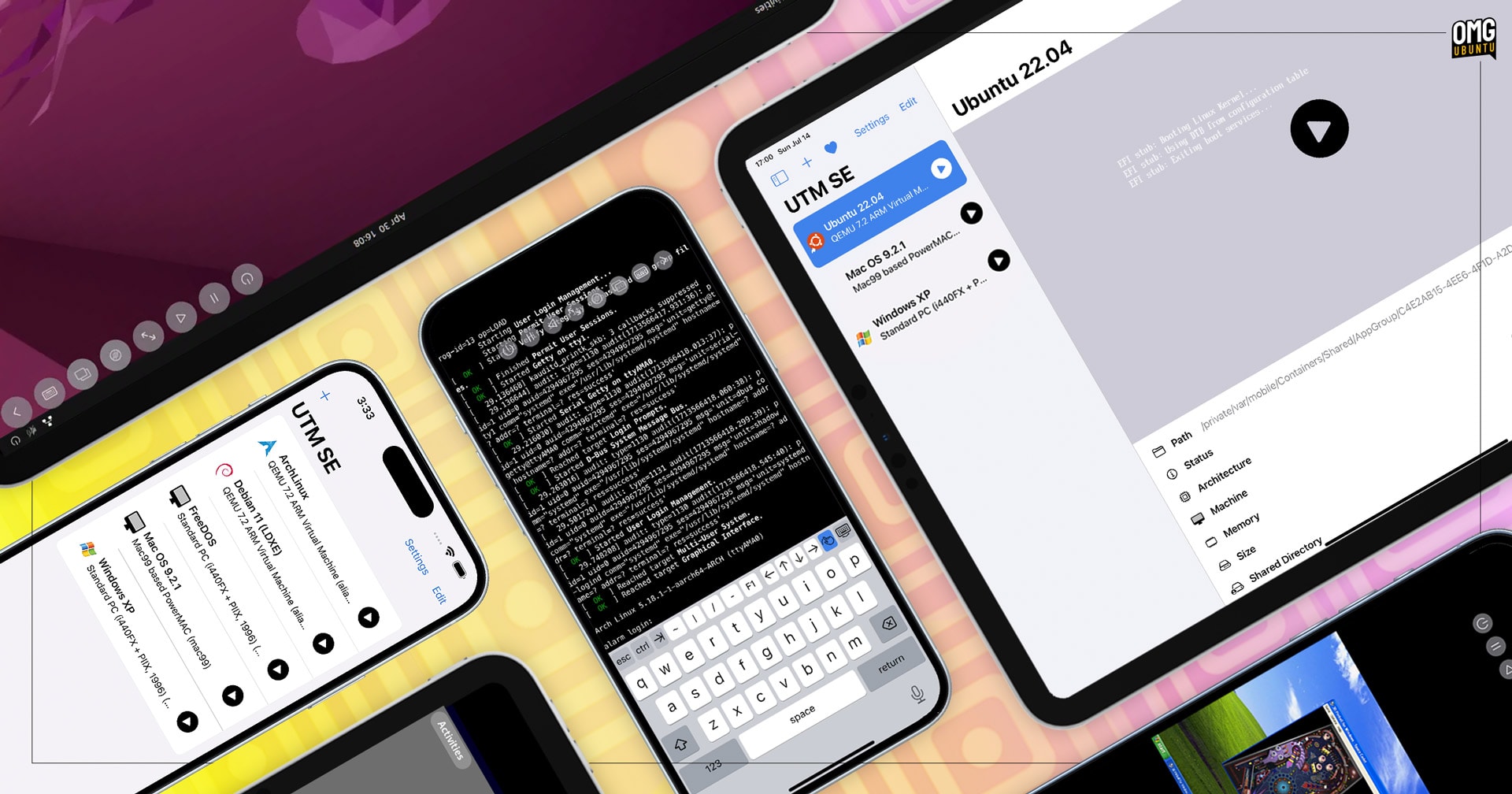Apple’s Approval of UTM SE for the App Store Follows Previous Rejection of the PC Emulator
On Sunday, Apple made a notable shift in its App Store policy by approving UTM Slow Edition (SE) as the first PC emulator to be listed on its marketplace. This decision marks a significant change from the company’s previous stance, where it had rejected the emulator’s application just a month earlier. At that time, Apple had cited its existing policy, which restricted the approval of PC emulators and allowed only emulators for retro games. The reversal in Apple’s decision has not been accompanied by an explanation, leaving many to speculate about the reasons behind this change.
The approval of UTM SE is a landmark moment for the emulator community and iOS users. The official UTM account announced the news via a post on X (formerly Twitter), expressing their excitement about the emulator’s availability on the App Store. “We are happy to announce that UTM SE is available (for free) on iOS and visionOS App Store,” the post read. Additionally, UTM SE is set to be launched on AltStore PAL, a third-party app marketplace catering to iOS users in the European Union, expanding its reach even further.
UTM SE offers users the ability to run a variety of old-school PC games and software directly on their iOS devices. The emulator supports several modes, including VGA graphics and text-only terminal mode, making it versatile for different types of PC software. It is capable of emulating various architectures such as X86, PPC, and RISC-V, providing users with the flexibility to run both pre-built virtual machines and configure new ones from scratch. UTM SE is built on top of the Quick Emulator (QEMU) machine emulator, known for its robustness and flexibility.

The approval of UTM SE is noteworthy not just for its functionality but also for what it represents in terms of policy evolution. Apple’s decision to allow a PC emulator on the App Store could indicate a broader willingness to reassess and adapt its policies in response to evolving user needs and technological advancements. This move opens the door for other similar applications that were previously restricted under the old policy framework.
While the exact reasons behind Apple’s policy reversal remain unclear, the introduction of UTM SE could signify a shift towards a more open approach to app approvals, particularly in categories that were once heavily regulated. This development is expected to have significant implications for both users and developers, potentially paving the way for more diverse and innovative applications on the App Store.
Overall, the approval of UTM SE is a major development for the App Store and the broader iOS ecosystem. It represents a key milestone for PC emulation on mobile devices and could lead to further changes in how Apple manages app submissions and approvals in the future.

















